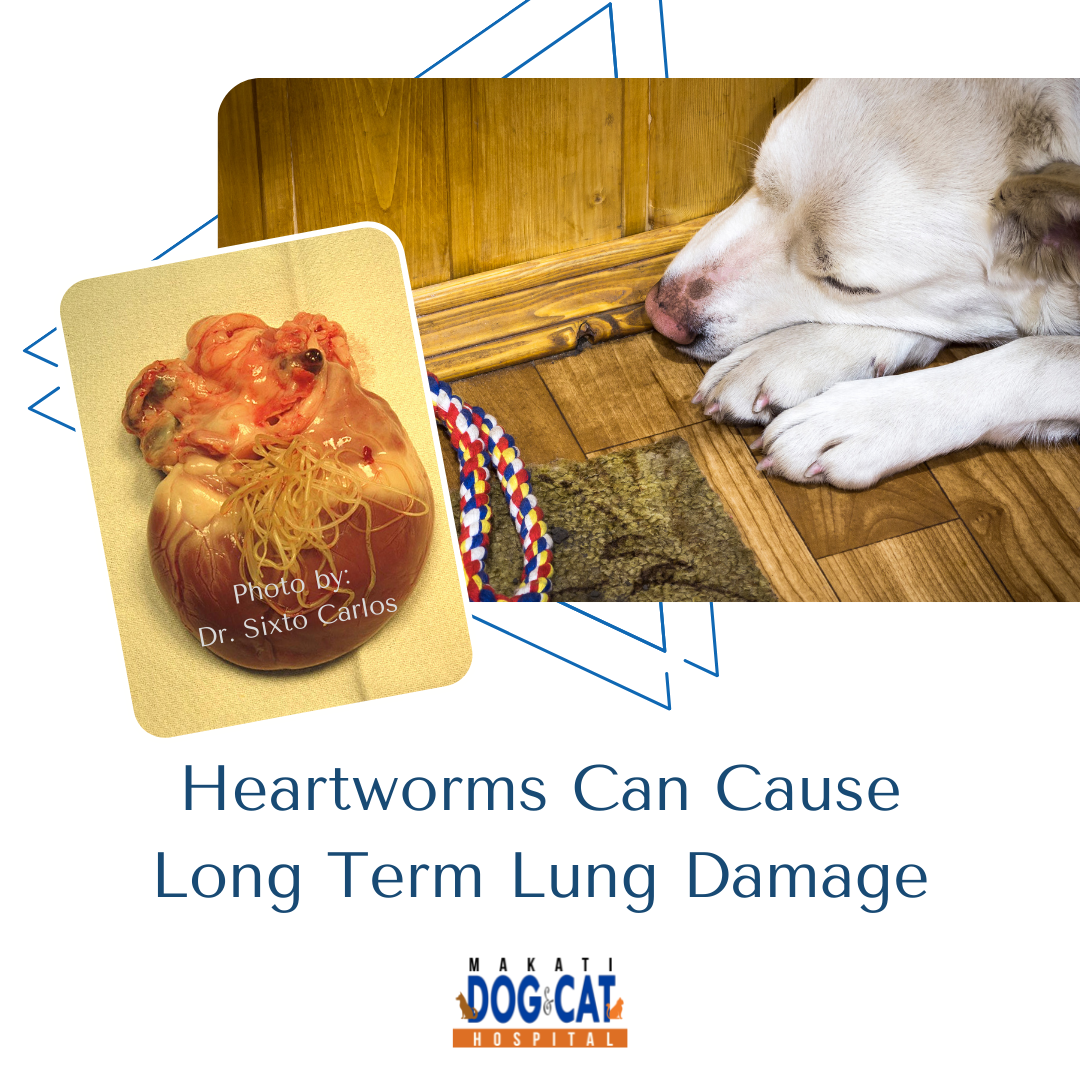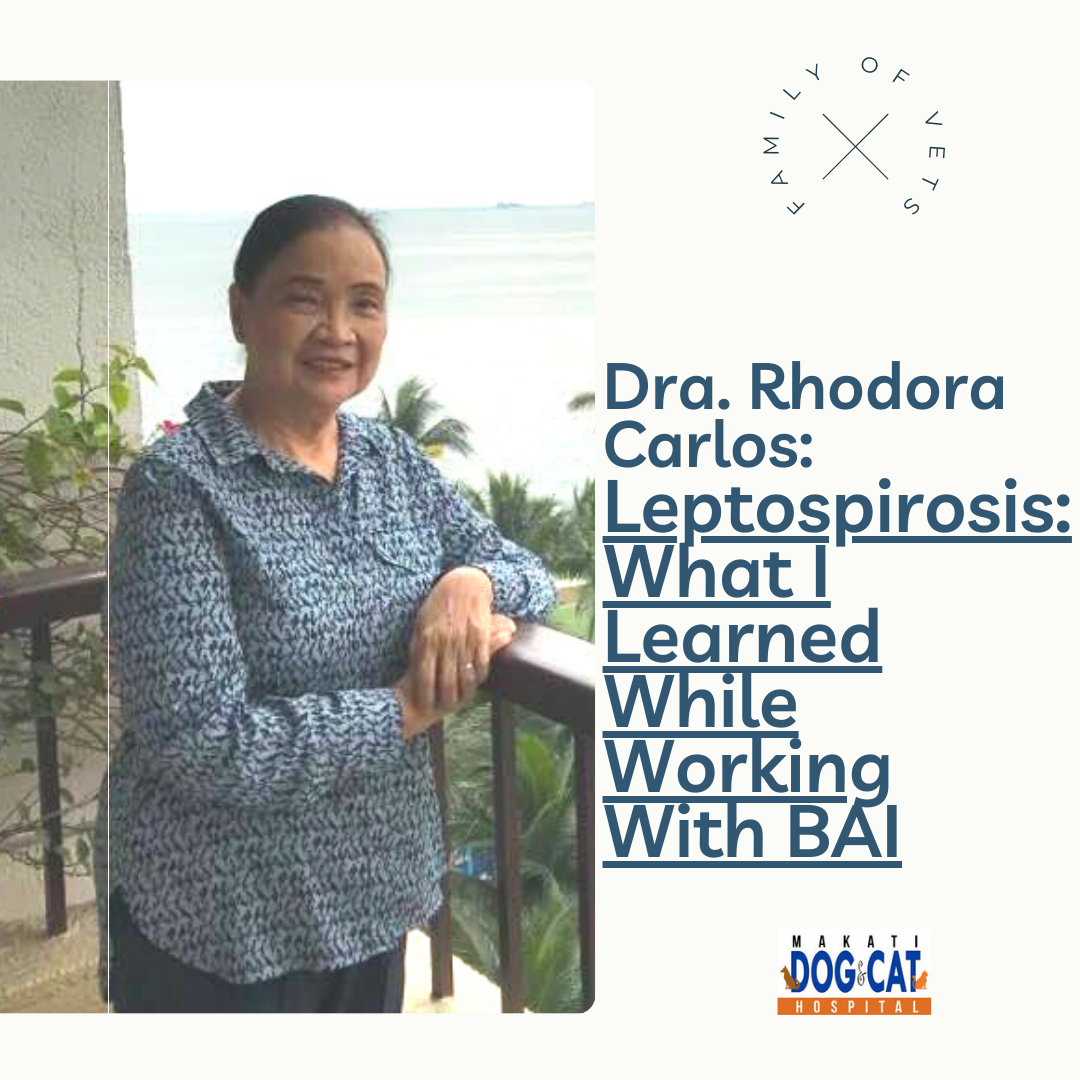Are You Scared Of Vampires?

Twilight.
Interview With The Vampire.
Buffy.
Vampire Diaries
All the different stories about the legend of Dracula.
A lot of stories have been written about vampires.
People are obsessed with them.
Just check all the books, comics, movies, and TV shows that tell us stories about these bloodsuckers.
There are even documentaries about them.
But did you know that the mythology of vampires may have come from a real-world menace?
This threat to society comes from a virus-caused disease which is Rabies!
If you think about it, many of the peculiarities of vampires in legends are signs caused by rabid animals or people.
Signs like:
- Sensitivity to light
- Biting others
- Hydrophobia or an extreme fear of water
Rabies is a hazardous disease that is present in more than 150 countries!
It can virtually affect all warm-blooded animals, including humans.
Once any susceptible organism gets infected, it is most likely fatal.
According to the WHO, it kills at least 59,000 persons a year.
However, it is believed that this is an underestimation.
As veterinarians, we always think of the possibility of rabies infection on the animals that we handle.
Rabies: Should It Be Given Annually?
Especially in the Philippines, where we are considered a high-risk country for the disease.
We get regular vaccinations against Rabies to protect ourselves.
What about our pets?
Dogs comprise about 98% of the animals infected with Rabies in the Philippines.
Next in line are cats.
If they get infected with the Rabies virus, they will suffer horribly before they die.
In addition, they become dangerous for people and other animals.
That is why you must get ALL of your fur babies vaccinated against this disease.
Not only will you be protecting your pets, but you are also protecting yourself and your family from this horrible threat.
Rabies Prevention Tips: What To Do To Lower The Risk
Call us now at 0908-896-7113/ 8896-6386 / 8896-2860 for an appointment so we can give you the protection your pet needs against RABIES!
Be social! Connect with us on Facebook and Instagram. Share your cute pet photos on our social media accounts and get featured!
Enjoy peace of mind,
Dr. Sixto Carlos, DVM, MS, Diplomate PCCP
Makati Dog and Cat Hospital
Serving Pet Parents near Mandaluyong, Makati, and BGC





 I worked as a research veterinarian in the Bureau of Animal Industry (BAI).
I worked as a research veterinarian in the Bureau of Animal Industry (BAI). I had to perform a hindleg amputation on a rescued dog.
I had to perform a hindleg amputation on a rescued dog.